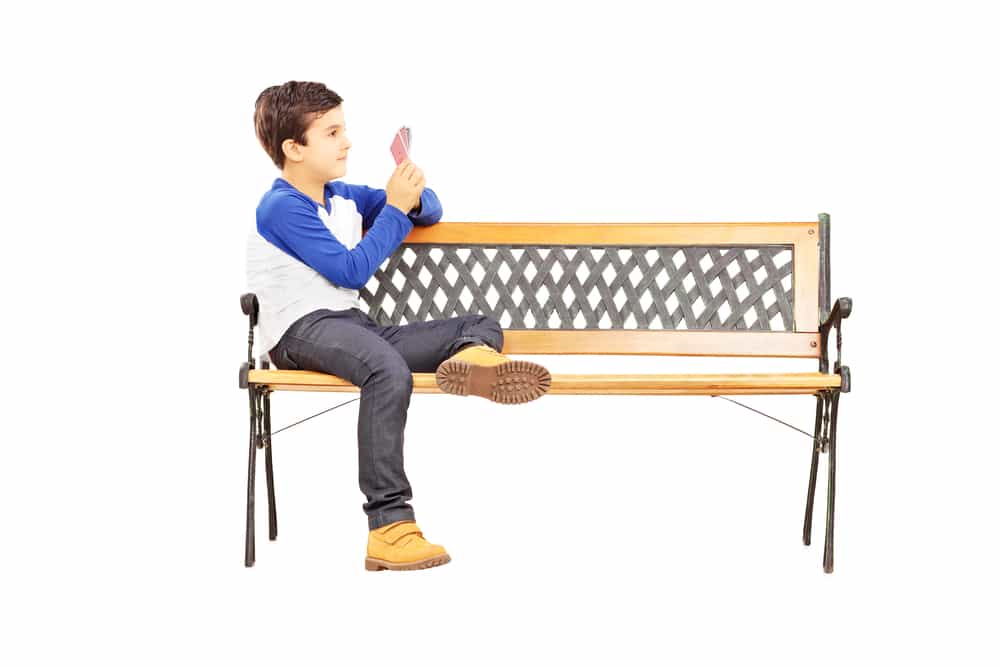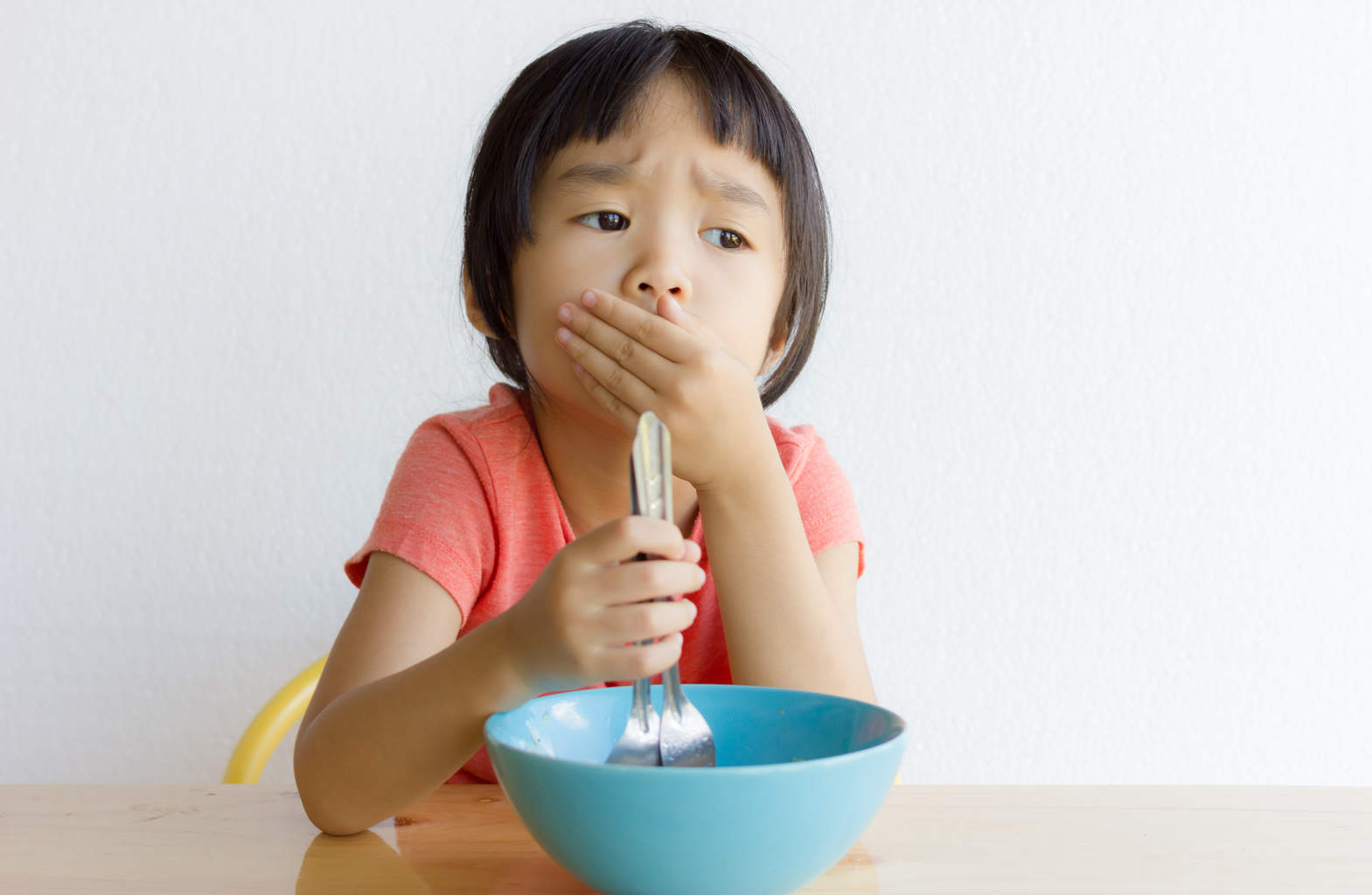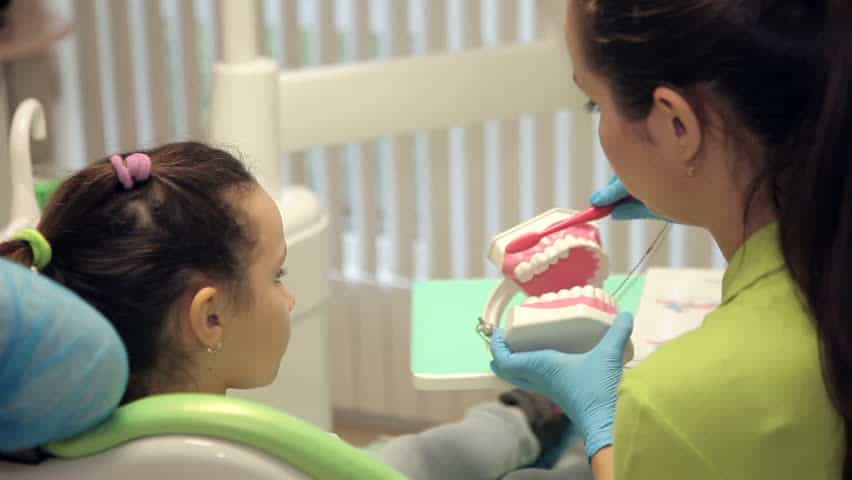Contents:
- Medical Video: Imaginary Friends
- How common are imaginary friends among children?
- Why do children have imaginary friends?
- The benefits of having imaginary friends
- How do parents respond to children's imaginary friends?
Medical Video: Imaginary Friends
Does the child who has an imaginary friend find it difficult to get along in real life? Do they have mental or psychological disorders? This statement is a stereotypical statement, in which children who have imaginary friends tend to be shy, have emotional problems, and are difficult to have real friends. Though there have been many studies that prove that imaginary friends have a good impact on children's health and mental development.
How common are imaginary friends among children?
It is known that at least 25 to 45% of children aged 3 to 7 years have imaginary friends. Most children have imaginary friends who are not real, but some consider toys like dolls to be imaginary friends. In another survey, there were 51% of the 500 teenagers on a campus in New Zealand who stated that they still remembered their imaginary friends as children (Nicholson 2008).
Usually children have imaginary friends until they enter adolescence. Boys and girls alike have imaginary friends, but what makes it different is the form and how to treat it. In addition, girls tend to have more imaginary friends than boys.
Why do children have imaginary friends?
Children say that having imaginary friends is fun. Children love to play and do social interactions when there are no friends around them, then imaginary friends emerge. Another benefit of playing with imaginary friends is giving children a sense of control of their emotions and feelings. Imaginary friends exist because children are looking for friends who make them comfortable. Not that they can't get friends in real life, but by having imaginary friends they don't need to be afraid or anxious to tell their problem to their imaginary friends. They are like finding a 'scapegoat' from every problem they face.
For example, when children experience problems in their families and they want a variety of sadness with friends, but are embarrassed and afraid to say it, imaginary friends become a suitable place for that. They are not afraid to be criticized, blamed, and ashamed of others.Or a child who is afraid when walking in front of a dog, then the child can become brave immediately. This can be caused maybe because there are imaginary friends beside them who can make them comfortable.
The benefits of having imaginary friends
Research conducted by Gleason and colleagues on the impact of having imaginary friends, found that playing with imaginary friends can improve their ability to regulate emotions. Most parents who were respondents in the study stated that children who have imaginary friends function to fulfill emotional needs and can make children comfortable. In addition, they also mentioned that imaginary friends help their children socialize, so that their children are more adaptable and improve their children's verbal abilities.
In 2004, research conducted by Gleason also proved that children who have imaginary friends have good ratings and values in their schools. Strong verbal and imaginative abilities are considered to help children in solving academic problems and their social problems. In addition, playing with imaginary friends can make children more creative and focused.
How do parents respond to children's imaginary friends?
Give children the freedom to play with their imaginary friends. You can also play with them, assuming that imaginary friends are real. If you are asked to play with children and imaginary friends, then consider imaginary friends to be their real friends. There may be a time when your child makes a mistake but blames his imaginary friend, then all you have to do is tell him that what has happened is a learning material and ask him to fix it together with you.
Things you need to be aware of when children have imaginary friends are:
- If the child does not have friends in real life and does not intend to socialize.
- Children behave naughty and always blame their imaginary friends.
- Children show a rude attitude.
If these things happen often, you should take a more approach to your child and if necessary consult this to experts, such as a child psychologist.












